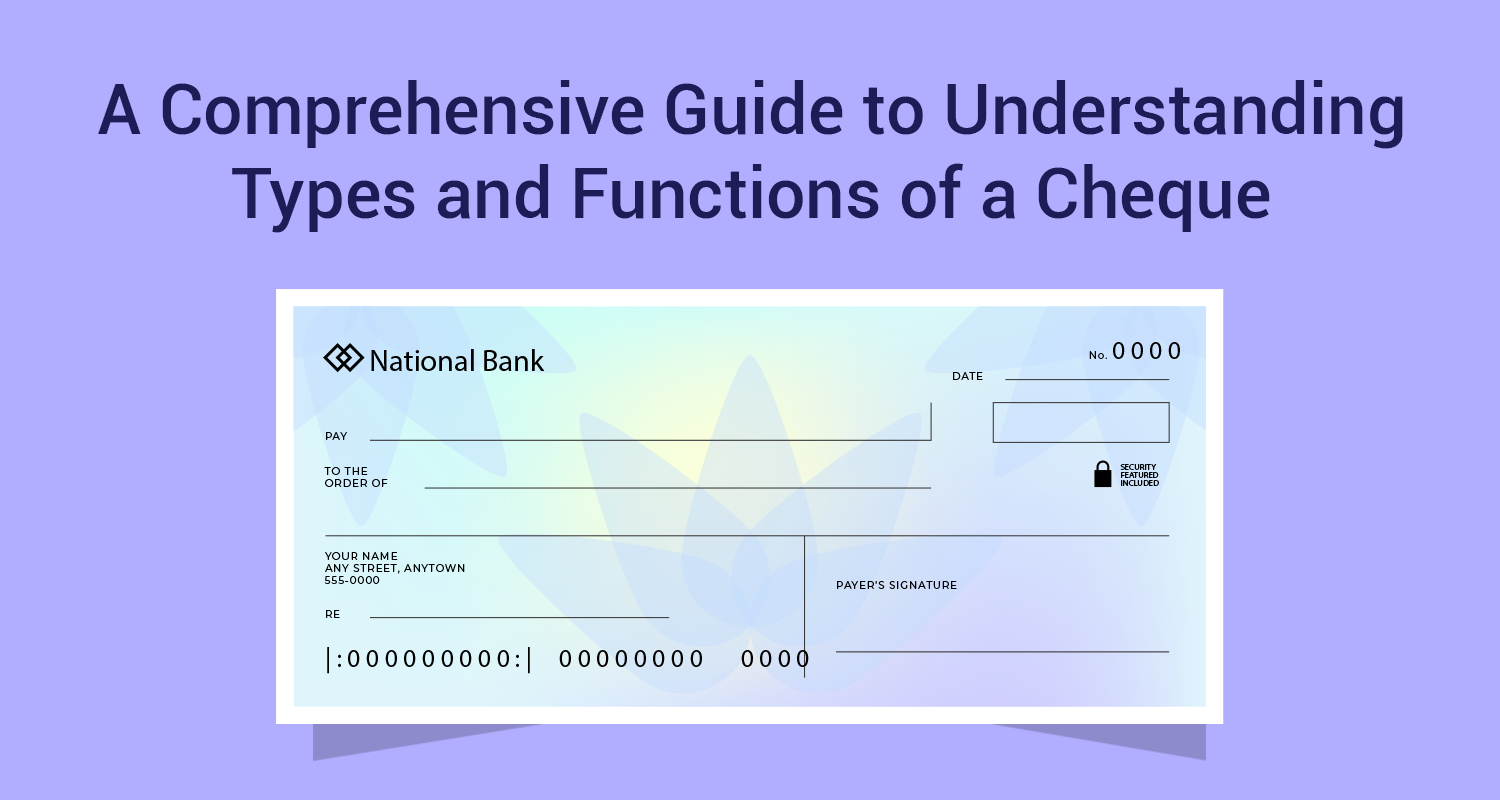Systematic Investment Plan (SIP) vs Recurring Deposit (RD)

SIP and RD are two popular saving plans among retail investors, which serves the purpose of long-term wealth creation. SIP is an investment plan in mutual funds, on the other hand, RD is a recurring deposit in banks. But still, they have many differentiations. To make prudent decision investors should evaluate the differences between SIP and RD. Some of the distinctions between SIP and RD are mentioned below.
| Systematic Investment Plan (SIP) | Recurring Deposit (RD) | |
| The frequency of investment | Investors can invest a small amount on the weekly, monthly and quarterly basis as per investors’ choice. | In RD, investors can only invest a fixed amount on monthly basis. |
| Investment choice | Investors have options to invest in different schemes. They can invest in equity or debt schemes based on their risk appetites. | There are no investment options in RD. An investor has to invest fixed amount on monthly basis for a fixed return. |
| Tenor | There is no tenor for SIP; investors can do it for any period. However, the minimum period should be of 6 months. | RD has a maturity date. The minimum tenor is 6 month while investors can do RD for maximum 10 years. |
| Return | Returns on SIP are not fixed as they are market-linked. In last 10 years, equity mutual fund has generated a return of 12%-14% p.a. and debt mutual fund has given a return of 8%-9% p.a. | Returns on RDs are fixed and are known to investors at the time starting an RD. |
| Liquidity | SIP offers high liquidity as compared to RD. The money can be withdrawn anytime however Investors have to bear exit load if they are redeeming with 1 year. | RD is also liquid in nature. However, an investor has to pay pre-withdrawal charges for making any early withdrawals. |
| Risk | Mutual Fund investments are risky as returns depend on market performance. Thus investors can lose their invested capital. Debt mutual funds investments are less risky compared to equity mutual funds. | RD is a safe investment product as it is deposited in banks and there is no risk of capital loss. |
Conclusion
Investors should do investments in order to allow their investments to grow and generate better returns while considering their risk appetite. SIP allows investors to invest a small amount on a weekly, monthly or quarterly basis as per their convenience. Mutual funds investments offer the advantage of selecting a scheme like debt or equity scheme based on the risk profile of an investor. On the other hand, investment in RD’s is to be done on monthly basis and earns a fixed rate of interest.
Disclaimer: The information contained in this post is for general information purposes only. IIFL Finance Limited (including its associates and affiliates) ("the Company") assumes no liability or responsibility for any errors or omissions in the contents of this post and under no circumstances shall the Company be liable for any damage, loss, injury or disappointment etc. suffered by any reader. All information in this post is provided "as is", with no guarantee of completeness, accuracy, timeliness or of the results etc. obtained from the use of this information, and without warranty of any kind, express or implied, including, but not limited to warranties of performance, merchantability and fitness for a particular purpose. Given the changing nature of laws, rules and regulations, there may be delays, omissions or inaccuracies in the information contained in this post. The information on this post is provided with the understanding that the Company is not herein engaged in rendering legal, accounting, tax, or other professional advice and services. As such, it should not be used as a substitute for consultation with professional accounting, tax, legal or other competent advisers. This post may contain views and opinions which are those of the authors and do not necessarily reflect the official policy or position of any other agency or organization. This post may also contain links to external websites that are not provided or maintained by or in any way affiliated with the Company and the Company does not guarantee the accuracy, relevance, timeliness, or completeness of any information on these external websites. Any/ all (Gold/ Personal/ Business) loan product specifications and information that maybe stated in this post are subject to change from time to time, readers are advised to reach out to the Company for current specifications of the said (Gold/ Personal/ Business) loan.



